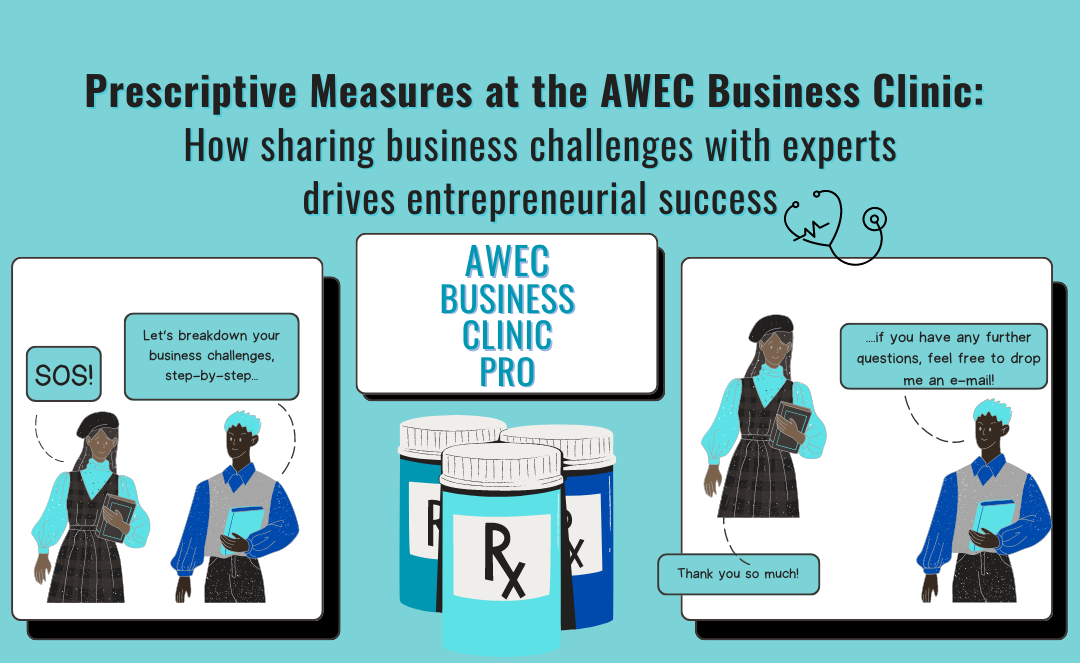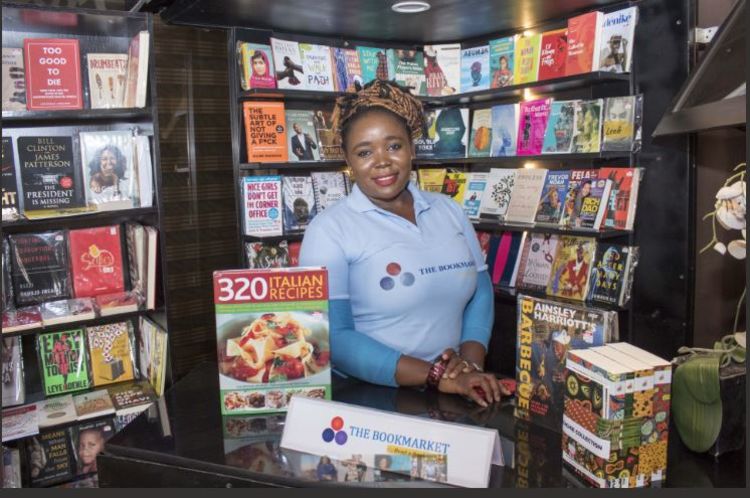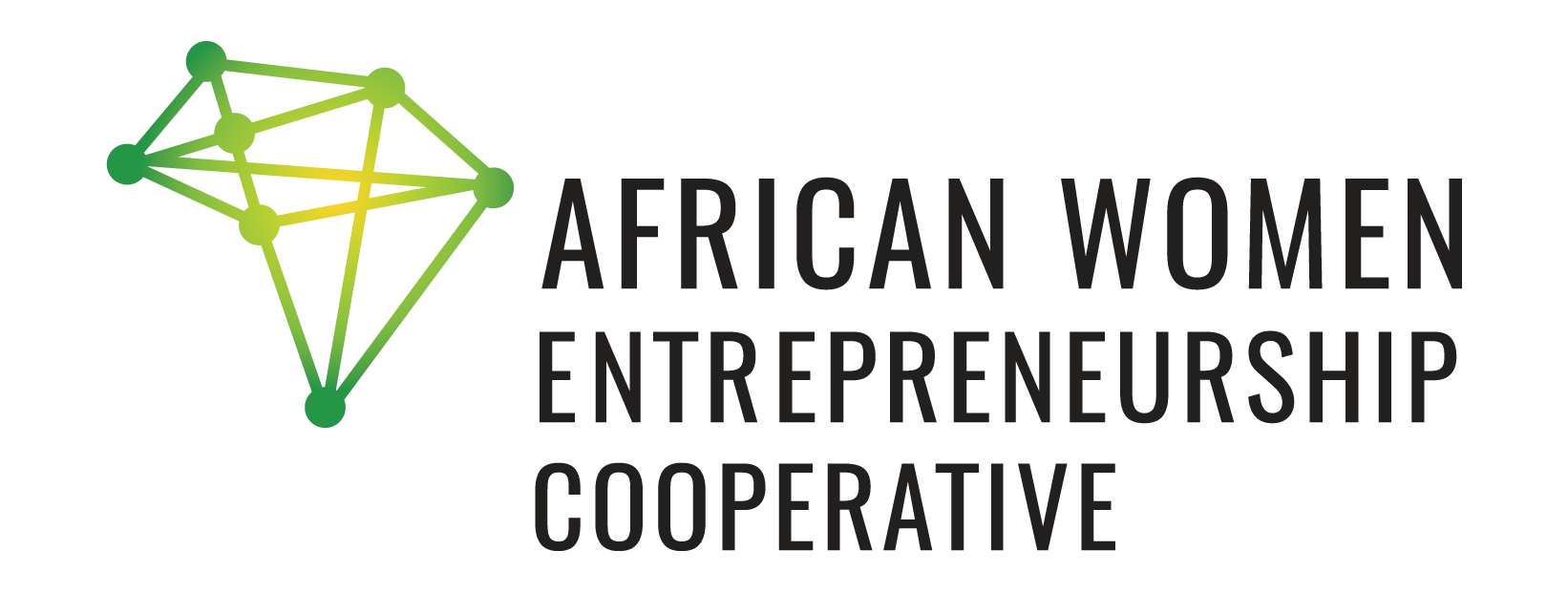
Highlights
Read time: 5 minutes
Learn how AWEC alumnae overcame major business challenges with actionable advice from business experts
See how the AWEC Business Clinic model uses collaboration to generate valuable insights and solutions
Get practical tips to build a resilient team, balance authority, and drive your business forward
Gain practical tools to host a Business Clinic in your community

What if the secret to transforming your business wasn’t just about innovating or scaling but also about openly sharing your challenges with peers and experts? By bringing together groups of alumnae and global industry specialists, AWEC Business Clinics create dynamic environments where real problems are discussed and actionable solutions are crafted. This exchange of experiences and expertise not only fosters personal growth but also catalyzes collective success, showing that sometimes the greatest breakthroughs come from simple, candid conversations.
We sat down with two AWEC alumnae from Nigeria who have consistently attended the clinics and have seen tangible results.

Eng. Enita Okonkwo
Eng. Enita Okonkwo is the CEO of The BookMarketNG and an AWEC Cohort 4 alumna.
Enita’s business started from her love of reading and education, which led her to create an online bookstore in Nigeria where she fosters a community dedicated to building a reading culture.

Rebecca Omofuriota
Rebecca Omofuriota is the Founder of Emandels Furniture and AWEC Cohort 5 alumna.
Rebecca's business is an interior design and local furniture manufacturing business, catering mainly to middle-class individuals who seek quality interior design but cannot afford imported items.
Doctor’s Orders
Strategy Implementation from AWEC Business Clinic
Enita attended the Business Clinic to overcome two major challenges. First, she aimed to secure distribution for her books in Nigeria's largest supermarket chain, Shoprite Nigeria. Despite reaching out through multiple channels, she hadn't made progress and sought strategies to navigate the bureaucratic red tape of larger corporations. Secondly, she needed guidance on boosting sales during an economic recession.
Although her business had seen a significant revenue increase in the past, it struggled to meet last year's targets despite efforts in marketing and sales, introducing affordable products, offering installment payment options, and applying for business grants.
Enita recounts pivotal advice she got from the Business Clinic. "The Business Clinic expert gave me the idea to generate the demand for stocking the books in retail stores," she explains. Directing her customers to visit specific retail locations and ask for her books convinced retailers of the value of selling her books.
"I was able to direct some of our customers because some had already been saying they would like to shop in certain places. I spoke to the store owners and they saw the value of making it a permanent thing."

Rebecca attended the Business Clinic to learn how to ensure smooth operational processes. Her business still heavily revolved around her, leading to overwhelm and burnout. By attending the clinic, Rebecca hoped to gain insights and strategies to streamline operations, delegate effectively, and build a more resilient and scalable business structure. Her goal was to reduce dependency on herself, foster a strong team, and create a sustainable model that could thrive even in her absence.
When asked about the most impactful strategy from the AWEC Business Clinic, Rebecca emphasized the importance of building a team suited to specific business needs. "Before the Business Clinic, I was considering closing my business to start from scratch because I thought I needed a more structured beginning. Karen Sippel, one of the AWEC business experts, advised against this, stating that my reputation was my currency. Instead, I concentrated on identifying the business's needs and budget constraints to determine the appropriate staffing levels. This change in perspective has kept the business running and allowed us to progress steadily. I learned to employ based on the business's specific requirements rather than general roles. I hired a 'front person’, someone who stands in for me, ensuring work progresses smoothly in my absence."

Recovery & Healing
Transformative Impact on Businesses
Enita shares how implementing the experts’ advice has reshaped her approach to partnerships and market expansion. She led a unique strategy in collaborating with partners and convincing overseas suppliers to explore the African market. "I was able to convince our suppliers to test sending promotional books to Africa. They saw an uptick and realized the potential in the young, growing market."
Rebecca has also seen visible progress in her projects. “Our current project of building a factory and office space has advanced remarkably in one month compared to previous months. Having someone else manage certain aspects has accelerated our work,” she shared. ”This is a big win for me as I can now focus on other things.”
Embracing Support
Enita highlights the critical role of peer support and continuous learning, noting that her AWEC sisterhood provides essential guidance and encouragement.
"I have a support group of fellow entrepreneurs, some of whom are from the AWEC sisterhood. We share challenges and solutions, providing a vital support system for each other."
Support was rare for Rebecca. As a female authority, she faced resistance in her male-dominated industry. Rebecca set out to win the cooperation of her male counterparts by tweaking her leadership style. "From the Business Clinic, I’ve learned how to balance being authoritative and approachable." Leaning into this style has helped her to navigate industry challenges and foster stronger collaborations. Now her business is on a path toward sustainable growth and success.
A Spoonful of Medicine


Ask The Experts

Karla Trotman
- President & CEO of Electro Soft, Incorporated
- AWEC board member and mentor
The best advice I received as President and CEO of my company was, "Try to work yourself out of a job."

Dr. Shenetta Malkia-Sapp h.c.
- CEO & Director of Property Management for The PMs of the City
"Invest in building a strong leadership team that shares your vision and is capable of running the business in your absence".
Karla and Dr. Shenetta unpacked some of the most pressing business issues entrepreneurs face with tips and strategies to help them pivot and re-position themselves.
7 Tips to Optimize Business Processes and Reduce Founder Dependency for Effective Scaling
- Outsource tasks: delegate as many tasks as possible to focus on business growth and strategy.
- Avoid overwhelming staff: ensure staff understand their roles and what success looks like.
- Use detailed job descriptions: clearly define responsibilities and expectations. Detailed job descriptions and scorecards are necessary in order for everyone to know in which lanes they should operate. A great book for scorecards is Topgrading by Bradford D. Smart, Ph.D.
- Document and standardize processes: create detailed documentation for all key processes within the business. Standard operating procedures (SOPs) ensure that tasks are performed consistently and correctly, irrespective of who handles them. This will also make onboarding new employees easier and quicker.
- Invest in training and development: continuous professional development ensures that your team is competent and confident in their roles. Regular training sessions can equip employees with the skills they need to take on more responsibilities, thereby reducing your workload.
- Automate repetitive tasks using software solutions like CRM systems, project management tools, and accounting software: automation not only saves time but also reduces the risk of human error.
- Build a strong leadership team: develop a leadership team that shares your vision and is capable of running the business in your absence.
10 Ways an Entrepreneur Can Boost Sales During Inflation
One of the biggest mistakes businesses make during an economic downturn is to cut marketing spend as reduced visibility can harm growth. Everyone does it, even your competition. But challenge yourself to think differently.
- Take advantage of the opportunity to shine when competitors pull back on marketing.
- Look at all expenses to see what can be cut or run more efficiently.
- Negotiate more flexible payment terms with suppliers.
- Seek more generous lines of credit from banks.
- Ensure products and services are earning a solid margin.
- Emphasize the unique value your products or services offer. Whether it’s superior quality, exceptional customer service, or unique features, make sure your customers understand why your offerings are worth the investment.
- Diversify product offerings or service lines to include items that might be in higher demand during economic downturns. Flexibility in your offerings can help attract a wider customer base.
- Strengthen customer relationships: Build and maintain strong relationships with your existing customers. Loyal customers are more likely to stick with you during tough times. Personalized marketing, loyalty programs, and excellent customer service can go a long way.
- Optimize pricing strategies. Instead of simply lowering prices, explore value-based pricing or tiered pricing strategies. Offering different levels of products or services at varying price points can appeal to a broader audience.
- Strengthen your digital marketing efforts and enhance your online presence. Utilize social media, email marketing, and SEO to reach a wider audience. Online sales can be a vital revenue stream, especially when foot traffic is low.


YOUR TURN

AWEC Business Clinics provide the space to combine expert insights and peer support to effectively address common business challenges. In your business community, you can host your own Business Clinics to diagnose and treat current ailments that are affecting your business. Run a quarterly Zoom call with 5-7 fellow entrepreneurs where you each bring a struggle to the table or discuss some of the tips our experts shared above. Do not shy away from asking questions, no matter how simple or complex. Pass the mic to hear how other people would approach the problem. Routinely gathering different perspectives and hearing others’ experiences will soon have you driving your business forward with greater confidence and success.
